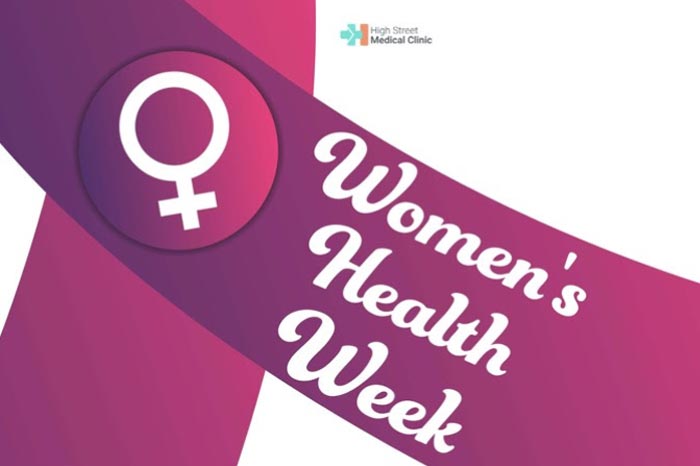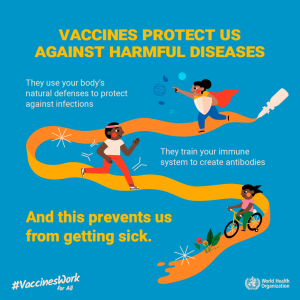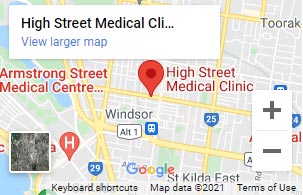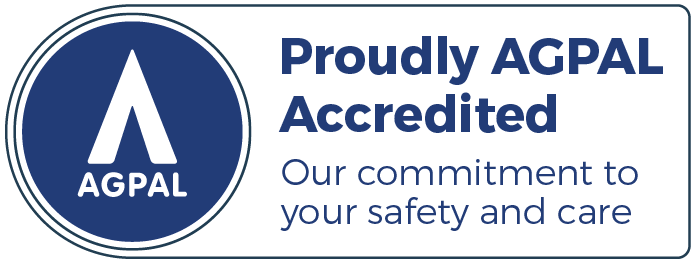Centred around women’s wellbeing, Women’s Health Week is Australia’s most significant event encouraging women and girls to put their health first.
Since its conception in 2013, Women’s Health Week has gained momentum to become one of the nation’s most prominent events celebrating women.
This week-long event serves to remind all women and girls to prioritise their health.
Elevating women’s health
While both men and women face disease, women bear health challenges like breast cancer, cervical cancer, menopause, and pregnancy which are unique to them.
Furthermore, women suffer many health issues more commonly than men. For instance, osteoporosis, which tends to increase with age, affects 29% of women aged 75 and over compared with 10% of men in Australia. Even depression and anxiety exhibit more regularly in women.
This is why an event like Women’s Health Week is the perfect time to address women’s health issues, engage in healthcare, and get more involved in doing the right things.
At High Street Medical Clinic, we’re at the forefront of helping women and girls in our community to help improve their health.
Let’s look at what’s on for Women’s Health Week and how we can help you achieve your best health.
Day 1: Get more active for stronger bones

Getting more active is perhaps the closest thing to a one-size-fits-all solution to almost all health issues, which is why the first day of Women’s Health Week is all about movement.
And when it comes to movement, bone health is something that must be a focus for all women.
Women are far more vulnerable than men to develop bone disorders, including osteoporosis, as they age.
According to Healthy Bones Australia, over 1 million have osteoporosis in the nation, primarily women. This is because women tend to have thinner bones and lose bone mass more quickly as they age when compared to men.
Getting more active will not only help reduce bone loss but also improve muscle strength and movement.
Day 2: Addressing endometriosis

From a woman’s perspective, endometriosis is surrounded by myths. Considering its symptoms mimic other disorders and women showing anything from severe to mild to no symptoms, diagnosing endometriosis can be tricky.
Characterised by bouts of deliberating cramps, bloating, and even mood swings, endometriosis is a significant health concern for women, especially younger women.
More than 830,000 (or 11%) women in Australia suffer from endometriosis at some point in their life, and often starting at a younger age.
Women’s Health Week is a great time to address this mysterious issue and get diagnosed.
Day 3: Strike up a conversation about contraception

The biggest issue around women’s sexual health is “being safe,” which means using correct contraception and protection against sexually transmitted infections.
Many doctors practising at HSMC have years of expertise in women’s contraception and family planning. View the GPs practising at HSMC, or for further information on contraception, read our article on best contraceptive options available in 2021.
Day 4: Take a closer look at your mental health

Apart from physical changes during a woman’s lifetime, a woman might experience mental health issues for social and cultural expectations like taking on parenting, discrimination, body image, and so on that can take a toll on their mental wellbeing.
This week, take a closer look at yourself and in case you’re experiencing any signs of mental health issues, get help.
If you want someone who can work through your issues in one-on-one sessions, The Monarch Clinic team will be the best fit.
And if COVID-19 is still keeping you overwhelmed, get experts tips on maintaining good mental health during COVID-19.
Day 5: Get help if you can’t sleep well

Sleep issues are quite predominant for women, and they may change or vary in intensity throughout their life. An average adult needs to sleep around 7 to 9 hours each night, only one-third of women are actually getting that much sleep.
Insomnia, hot flashes due to menopause, period pain, or headaches and heartburn, even iron deficiency can lead to poor sleep health in women.
But there is hope for better sleep. Practice sleep hygiene, manage stress, get more physically active, and limit alcohol and nicotine intake to healthy limits.
Finally, speak to a doctor for any concern with sleeping well.
Women’s Health at HSMC
Whether you’re an existing or new patient, the team of women’s health experts are ready to help you through your life’s journey from important women’s health screenings and follow up, family planning, sexual and reproductive health, mental health, and regular women’s health checks. Female doctors are available too.
Visit our women’s health page for more information
Visit the official women’s health week website












